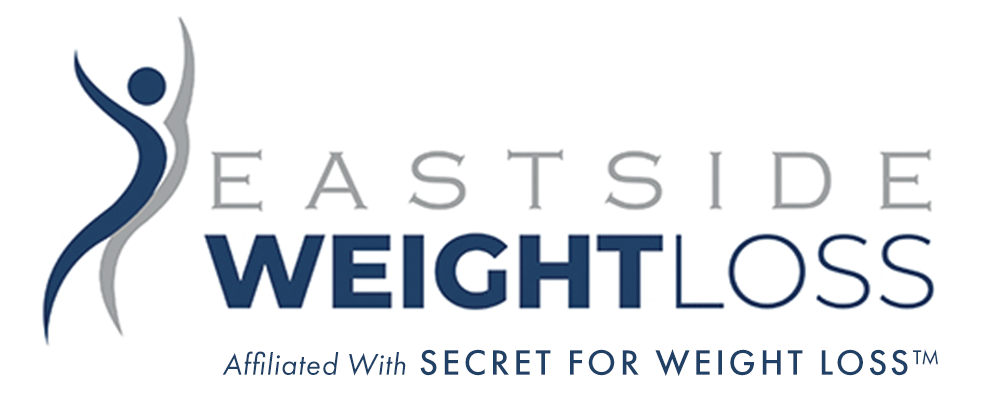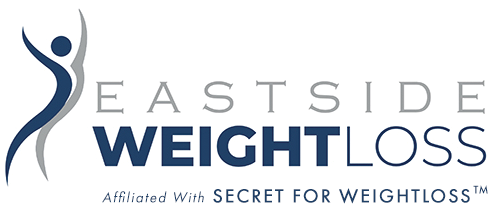Different Types of Fat and Their Role in Weight Management

When it comes to managing your weight, understanding fat is key. Not all fats are bad; some are essential for good health. However, some can derail your weight loss efforts, leading to health problems down the line.
Unsaturated Fats: A Friend for Your Heart and Waistline
Unsaturated fats are good for you. These fats help your body absorb vitamins and minerals more effectively. Health experts recommend that adults get between 20 and 35% of their daily calories from fat, preferably the unsaturated kind.
Why are these fats beneficial? They can improve heart health by balancing cholesterol levels. Unsaturated fats may lower “bad” LDL cholesterol and raise “good” HDL cholesterol. To boost your health, try replacing some saturated fats in your diet with unsaturated ones found in olive oil or fatty fish like salmon. These healthier fats not only help you avoid chronic diseases but can also aid in weight management.
Trans Fats: A Foe in the Weight Loss Journey
Watch out for trans fats! Mainly found in processed foods like doughnuts and frozen pizzas, trans fats can hurt your weight loss goals. Even small amounts can raise bad cholesterol while lowering good cholesterol, increasing the risk of weight gain and obesity.
So, it’s important to skip foods high in trans fats. This can make the difference between successful weight management and unwanted weight gain. Over the long term, trans fats can also raise your risk of heart disease. Remember to read food labels carefully to avoid this harmful fat.
Saturated Fats: The Jury Is Still Out
The role of saturated fats in weight management is up for debate. While some experts say reducing these fats is important, newer research suggests it’s not that simple. For example, replacing saturated fats with refined carbs may not lower your risk of heart disease or help with weight loss. On the other hand, replacing them with polyunsaturated fats shows potential benefits for both.
The old advice to simply eat low-fat doesn’t consider other important dietary factors. A more balanced approach would include healthy unsaturated fats from plant and fish sources.
Dietary Cholesterol and Obesity Risks
You might be curious about the link between dietary cholesterol and obesity. Being overweight can lead to high blood pressure, increased heart disease risk, and even stroke. Losing just 5–7% of your initial weight can significantly lower these risks.
Excess weight can also lead to other conditions like high blood sugar and cholesterol levels, increasing the odds of heart disease. Losing weight helps manage all these issues, reducing your overall health risks.
Omega-Fatty Acids: The Balancing Act for Better Health
Our bodies cannot produce the essential fatty acids omega-3 and omega-6, which are necessary for good health. They must come from our diet. These fats can influence body fat and inflammation in different ways.
Having the right balance between these two types of fatty acids is crucial for weight management. Higher levels of omega-3 fatty acids can lower obesity risk, while higher levels of omega-6 may increase it. Regular physical activity combined with a balanced intake of these fatty acids can effectively manage your weight.
Understanding fat is essential for weight management. While saturated and trans fats should be limited, unsaturated fats can be beneficial when consumed in moderation. Armed with this knowledge, you’re better equipped to make healthy food choices that align with your weight management goals.

